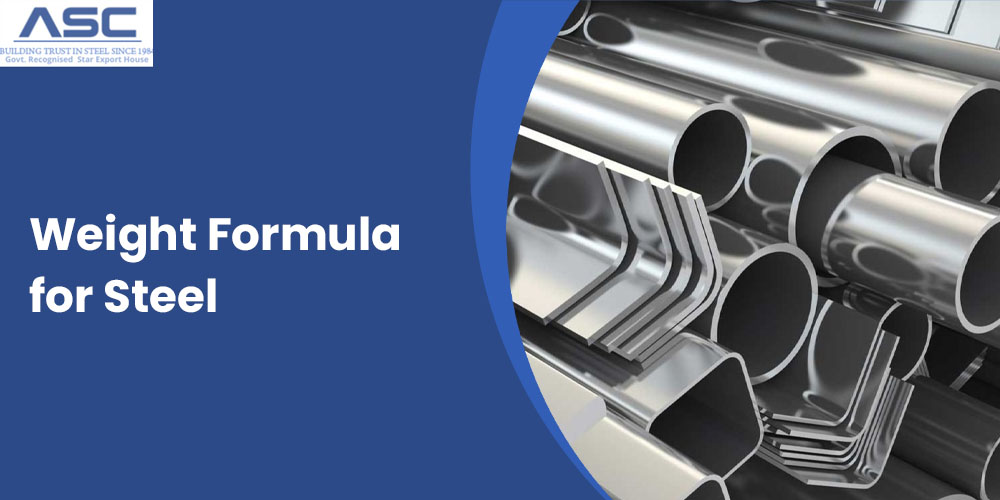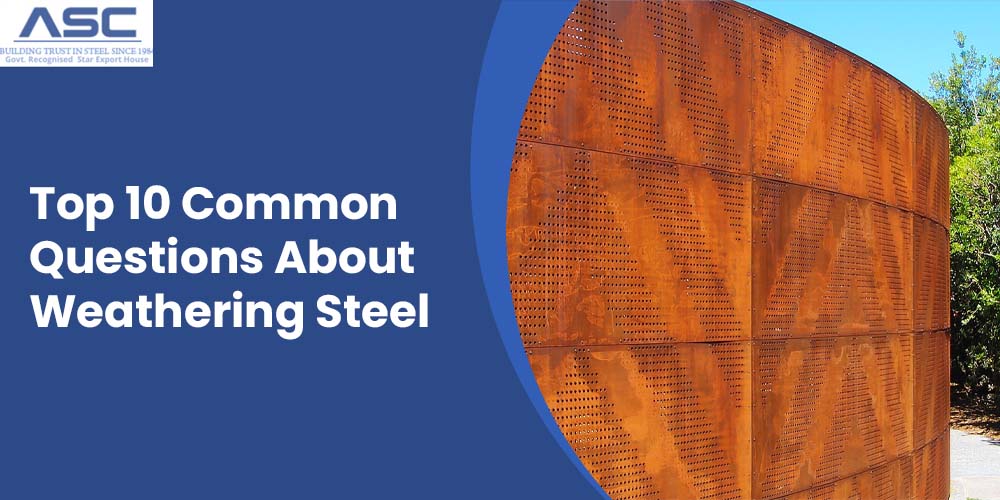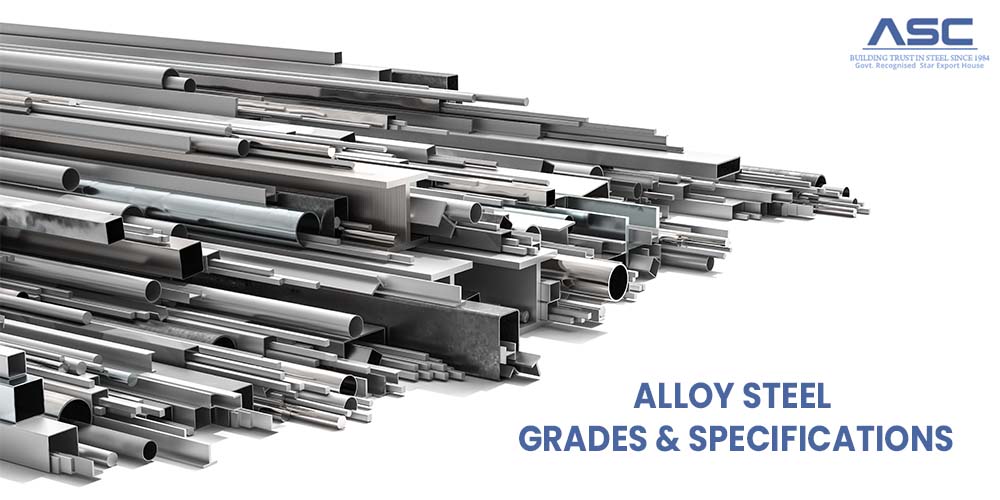What is Schedule 40? - A Brief Guide On Sch 40 Steel Pipes
by Jessica
Posted on 13 June, 2022 at 3:05 PM

Steel pipes are available in various grades. These grades also have different schedules. For a given schedule, there are rules about how thick the pipe should be. The thickness of the pipe increases as the number goes up. Schedule 40 Steel Pipe is one of these pipes that can be used for many different things and has been shown to work well. You can use either in-line galvanization or hot-dip galvanization to coat these pipes with zinc. When hot zinc is dipped into sch 40 pipe, it sticks to the pipe. People also say that schedule 40 pipe pressure ratings are regular and have a high strength grade. NPS and scheduled pipes can be used to measure a pipe's outside diameter and wall thickness. For example, the outside diameter of NPS 14 schedule 40 pipes will be 14 cm and the wall thickness will be 0.437 inches. The schedule number tells you how big the pipe is on the inside and on the outside.
What is A Schedule 40 Steel Pipe
Schedule 40 steel pipe is the most-used pipe schedule. It can be galvanised, but it doesn't have to be. Usually, water and gas lines are made of it. It can also be found in places where something needs to be held up or decorated.
It works well and can be used in many ways, so it makes a great pipe. With so much riding on schedule 40 steel pipe, let's talk about what it is and why it's a good choice for many projects.
What is a Schedule of Pipes?
A pipe schedule (SCH) is a way to measure how thick the walls of a steel pipe are supposed to be.
Metal fabricaors used to make pipes in three sizes: standard, extra strong, and double extra strong. But it wasn't helpful to just have these three undefined dimensions. Today, there are 14 different schedules of steel pipes.
Schedule 40 is the one that is used the most.What does "Schedule 40 pipe" mean?
The numbers for the pipes have no dimensions. In other words, SCH 40 does not mean that the pipe has a diameter of 40 millimetres or 40 inches.
The ASME B36.10M is the standard for seamless and welded steel pipe dimensions. It is used to set the parameters for each schedule. The numbers that describe each size are set by ASME B36.10M.
Schedule 40 steel pipe grades
Mild steel is used to make most schedule 40 steel pipe. This means that it has between 0.2 and 0.25 percent carbon in it. That is very, very low, so the alloy is mostly made of iron.
Most steel manufacturers galvanise SCH 40 steel pipe, which means they cover it with a layer of zinc, to make it less likely to rust. If this choice doesn't work, there is also stainless steel schedule 40 pipe.
Most of the time, SCH 40 steel pipe is made from grade A53, but you can also find this schedule in other grades.Schedule 40 Steel Pipe Dimensions
Thickness can be measured in two ways: wall thickness and outside diameter. A 1/8-inch nominal size schedule 40 pipe, for example, has an outer diameter of 0.405 inches and a wall thickness of 0.068 inches. It has a density of 0.245 pounds per square foot. The 4-inch schedule 40 steel pipe is a pipe that is used more often. The outside diameter of this pipe is 4.5 inches, the wall thickness is 0.237 inches, and it weighs 10.79 pounds per foot.What size is a pipe made of schedule 40 steel?
There are different sizes of this steel pipe product. The pipe is the right size and has the right nominal diameter, actual inside diameter, and actual outside diameter.
For example, a 2.5-inch-diameter schedule 40 pipe will have an inside diameter of 2.469 inches and an outside diameter of 2.875 inches. We can sell or cut schedule 40 steel pipes to almost any length at Amardeep Steel Centre.How Much Schedule 40 Steel Pipe Weigh?
Most of the time, the weight per foot is about 1.68 lbs.
How much weight can a steel pipe with a schedule 40 hold?
There are many things that affect how much weight it can hold. If you buy an A53-grade black steel pipe, it will have a yield strength of 30,000 psi.
Taking that into account...
Say you are using a one-inch pipe over a span of four feet. The middle should be able to hold 300 pounds with a permanent bend of 1/4 inch. If you put another 50 pounds on that pipe, it will break.
Difference Between Schedule 40 Pipe and Schedule 80 Pipe?
Pipes with schedule 40 and schedule 80 have a lot in common. In fact, they are so much alike that some people mix them up.
Schedule 40 pipe, on the other hand, has thinner walls than schedule 80 pipe. Schedule 80 is typically utilised for commercial purposes since it can withstand higher pressures than schedule 40.
What Kinds of Businesses Use Sch 40 Steel Pipe
SCH 40 steel pipe is used in many industries, especially those that need to move hot air, gas, or water. This schedule pipe is also used a lot in building projects because of its diameter, strength, and ability to react.
How Sch 40 Steel Pipe Is Used
Schedule 40 steel pipes are sold at most hardware stores. Many people who do projects on their own like to use this product. Schedule 40 steel pipe can be used to make shelves, coat hooks, floor lamps, magazine racks, and curtain rods that are strong and look good.
Schedule 40 pipe is mostly used in the oil and gas industry to move hot, high-pressure liquids to and from commercial and residential buildings.
Prices for Schedule 40 Steel Pipes
Prices for schedule 40 steel pipe vary a lot and depend on things like length, grade, and amount bought. If you buy a lot of pipe directly from a company like Amardeep Steel Centre that does quality fabrication, your costs will be much lower than if you bought the same thing from any other fabricator or supplier.
If you want to know more about other types of steel pipe, steel tube, and steel plate products, you can read our articles or get in touch with us.

Weight Formula for Steel - Calculating the Weight of Steel
In the metals industry, accurately calculating the weight of steel is crucial for project planning and cost estimation. Whether you're involved in construction, manufacturing, or engineering.

